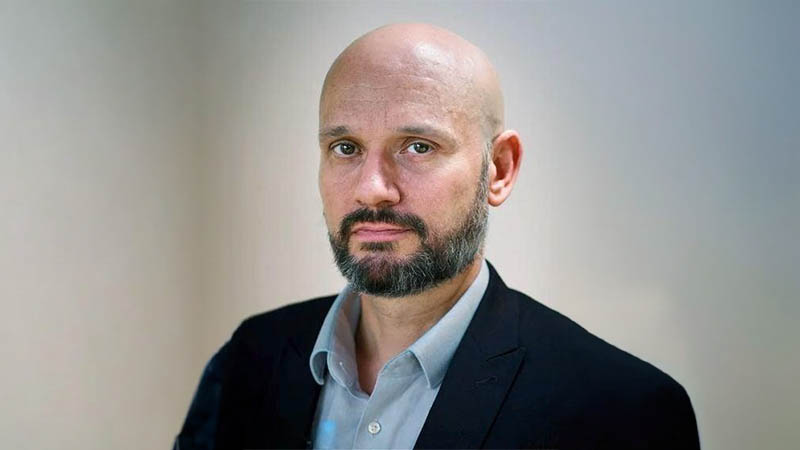Amid equity market declines of a scale and speed not witnessed in many years, investors now face a stark choice.
The first option is to carry on as before, holding broad market exposure in the belief that sentiment will improve, and a recovery will follow, spurred by monetary and policy responses.
The second is to accept that the world has fundamentally changed, and that we have entered a much more uncertain environment that will necessitate a very different approach to investment.
At Goodhart, we are firmly in the second camp, believing that the volatility in stock markets unleashed in recent days by Donald Trump’s tariff announcements masks a much bigger picture. To put it another way, the facts have changed – and we believe that they changed well before the introduction of tariffs.
Pssst! This is about much more than tariffs…
We have been saying for some time that investors need to prepare for a much more volatile and uncertain world. Yet, casting our minds back just a few short months, such a statement might have sounded at best outlandish; the US stock market was continuing its apparently unstoppable rise, generating 25% in 2024 in US dollar terms, on top of the 26.3% return seen in 2023, as measured by the S&P 500 index, with the “magnificent seven” accounting for an ever-more-astonishing proportion of the total.
See also: Evelyn Partners’ MPS exits L&G and Artemis corporate bond funds to buy Gilts
The tariff announcements and accompanying turmoil highlight the extent to which both markets and, importantly, individual stocks have been driven by sentiment, rather than by fundamentals, but they do nothing to explain the profound forces of change that are being exerted on the global economy. It is these, we believe, that investors should focus on understanding if they are to prepare themselves for the next decade and beyond.
As we see it, Trump’s actions in announcing the tariffs are driven by a recognition that, absent some sort of change, a US recession would be almost inevitable. Indeed, it seems clear that this would explain some of POTUS 47’s more extreme behaviour and statements over recent days (even by his standards), from effectively guaranteeing that there will be no recession, to declaring that it is “good” that equity markets have fallen sharply.
From then (1990-2020) to now (2020-2050?)
We believe that economic growth and stock market performance over the last 30 years were shaped by the four “forces” of demographics, security, environment and technology.
In the period from the early 1990s until the Covid-19 pandemic, these forces combined to underwrite an extraordinarily benign period for global peace and prosperity. But three of the four forces are now acting to restrain economic growth and heighten geopolitical pressure.
This, in turn, is driving a change in the investing environment. Over much of the last 30 years it has been entirely sensible for investors to seek very broad diversification across and within asset classes. Indeed, the rise of passive and ETF investing was a logical reaction to an environment in which the dominant direction of markets was up. Provided that investments were highly diversified, the periods of losses were short-lived and relatively modest by historical standards.
See also: Professional investors targeting risk-on assets to meet retirement needs
This, we believe, is simply not a reflection of how the world will be as we look ahead; rather, deploying capital effectively over the coming decades will require greater flexibility and focus than over the last 20 or 30 years. We refer to the combination of the willingness and ability to act as “agile investing.”
It is highly probable that the fallout from the tariff announcements will continue to dominate headlines in the days and weeks ahead. My hope is that, if anything positive is to emerge from Trump’s announcements, not to mention retaliatory acts by other nations, it is that investors will increasingly recognise that carrying on as they have for the last 30 years – buying and holding broad market exposure – is unlikely to lead to desired outcomes in five, 10 or 15 years’ time.








